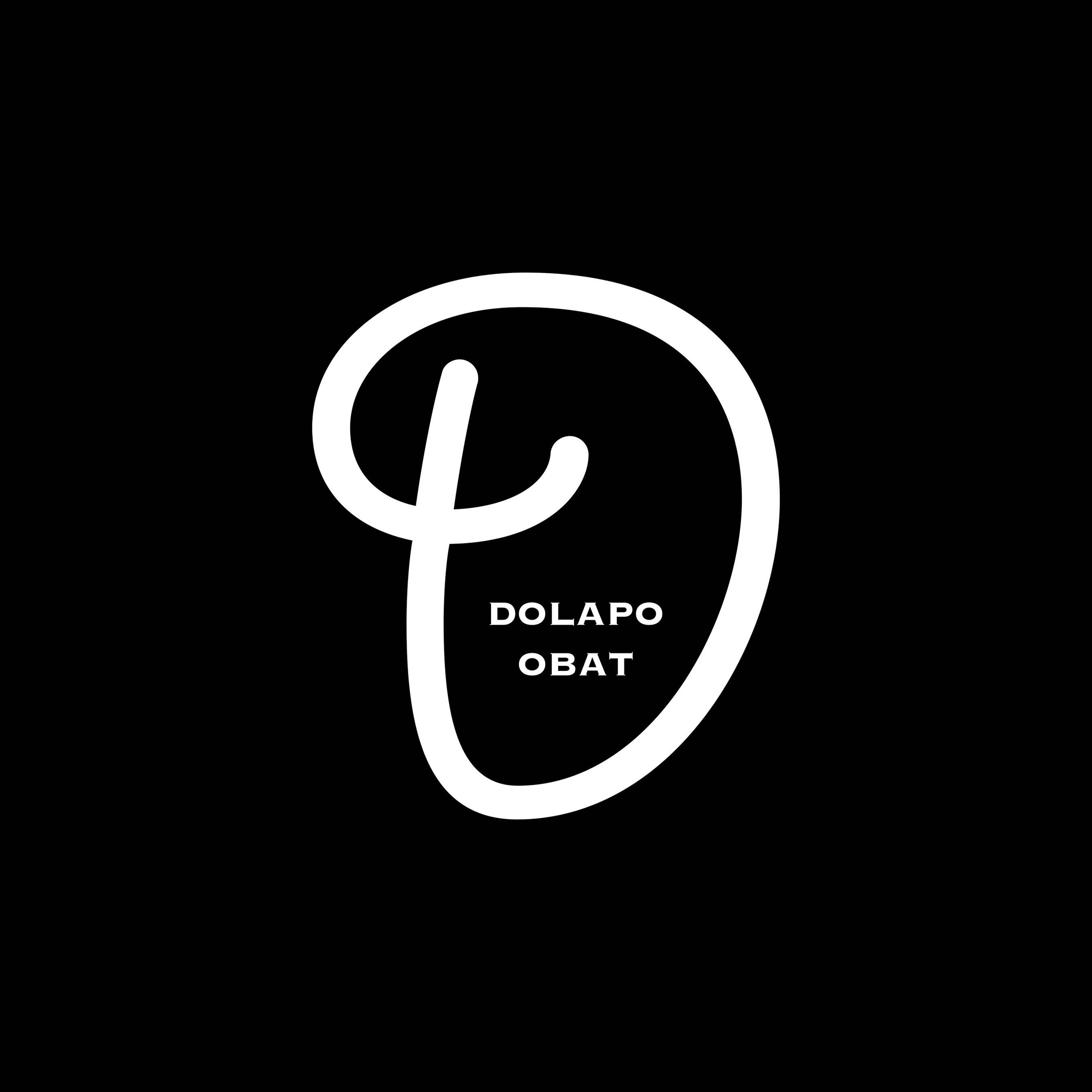Exploring Trauma, Healing, and Collective Remembering
Memory loss is a universal human experience that can have profound impacts on individuals and societies. In the context of Africa, where histories of colonization, slavery, and social upheaval have left indelible marks, the concept of memory loss takes on a unique significance. African contemporary artists are grappling with this theme, using their creative expressions to explore the complexities of memory loss, trauma, healing, and the power of collective remembering. In this article, we will delve into the world of African contemporary art and its engagement with the concept of memory loss.
Memory loss can manifest in various forms, from individual experiences of forgetting to the erasure of collective memories and historical narratives. It can result from traumatic events, cultural displacement, or societal transformations. African artists, drawing on personal experiences and broader socio-political contexts, confront memory loss as a way to preserve, recover, and reimagine their own stories and the stories of their communities.
One of the central themes in African contemporary art concerning memory loss is the impact of colonialism and its legacies. Colonization disrupted traditional African societies, eroding cultural practices, languages, and knowledge systems. Artists delve into this painful history, reclaiming lost narratives and highlighting the ongoing effects of colonial rule. Through their artworks, they challenge the imposed amnesia, reclaiming forgotten identities, and fostering a sense of empowerment.
Memory loss is also explored in the context of trauma, both individual and collective. Artists confront the repercussions of conflicts, genocides, and other forms of violence that have scarred African communities. They give voice to the silenced, commemorate the lives lost, and demand justice and healing. Through their art, they create spaces for reflection, dialogue, and catharsis, encouraging viewers to confront painful memories and contribute to collective healing processes.
Artists employ a range of mediums and techniques to convey the complexities of memory loss. Paintings, sculptures, installations, photography, and performance art serve as vehicles for their exploration. They incorporate symbolic imagery, archival materials, found objects, and oral histories to evoke memories and provoke emotional responses. By combining traditional and contemporary artistic practices, African artists forge new narratives and forms of expression that challenge conventional modes of remembering.
The concept of memory loss is not limited to individual experiences; it also encompasses the collective memory of communities and nations. Artists engage with cultural heritage, folklore, and ancestral knowledge to revitalize collective memory. They seek to bridge the generational gaps, transmit ancestral wisdom, and ensure that cultural legacies are not lost to oblivion. Through their artistic interventions, they foster a sense of continuity and intergenerational dialogue, reminding us of the importance of remembering and honoring our shared histories.
Memory loss is not solely an exercise in remembering; it also raises questions about the nature of memory itself. African artists explore the fragility and subjectivity of memory, acknowledging its fallibility and the potential for distortion. They challenge linear narratives and embrace the multiplicity of memories, recognizing that memory is a dynamic and malleable force that shapes our understanding of the past and present.
In conclusion, African contemporary art provides a powerful platform for exploring the concept of memory loss. Through their creative expressions, African artists confront the traumas of the past, seek healing, and empower communities to reclaim their narratives. They challenge the erasure of collective memory, inspire dialogue, and foster resilience. African contemporary art serves as a reminder that memory loss is not just a personal experience but a collective responsibility to remember, honor, and create a more inclusive and just future.

